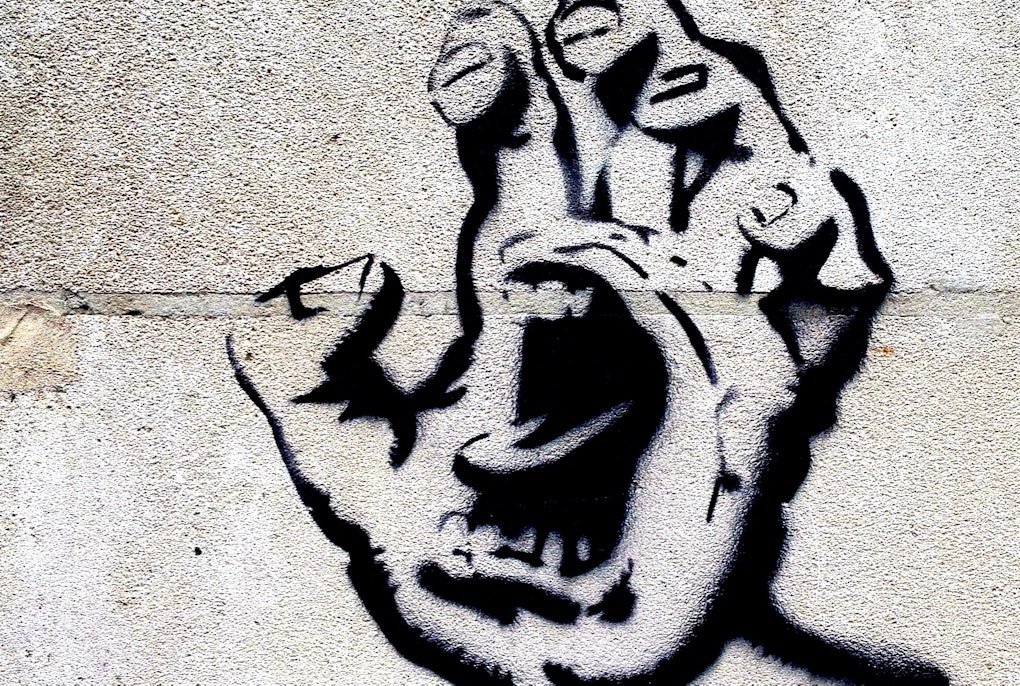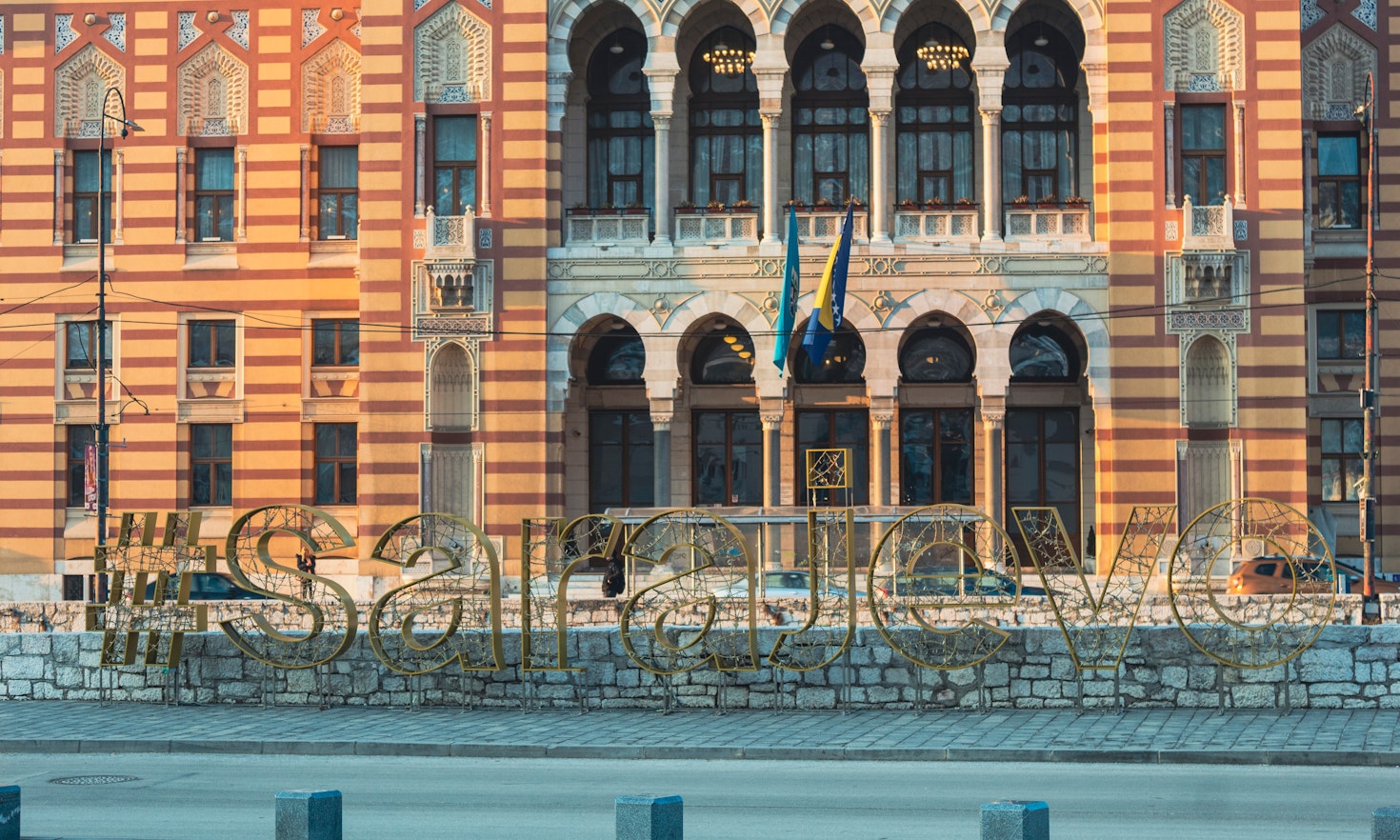
Emocracy: an end or beginning?
 Daniela Ingruber
Daniela Ingruber
Since the end of the Yugoslav Wars of the 1990s, emerging states have continued to face the need to build new national identities. Law plays a relevant role in this complex and actual process through the criminal protection of the memory of a historical fact; the creation and protection of state and national symbols; and with ordinary or constitutional laws that revise or rehabilitate foundational events and figures of new national identities.
Last year, the Constitutional Court of Bosnia-Herzegovina (BiH) annuled an attempt of the Serb-majority entity Republika Srpska (RS), to prevent the implementation, within its territory, of a law which criminalizes genocide denial and the glorification of war criminals. The contested provision made the negationism of the Srebrenica genocide punishable in RS, where it is frequently denied, mostly by high-level nationalist politicians.
Interestingly, besides legislating to prevent the applicability of the ban on genocide denial, the entity had further changed its criminal code, so that it now punishes whoever calls RS a “genocidal creation” or disrespects its symbols, independence, and territory. This was the response to what has been perceived as an external attack on national identity. In fact, the debated law criminalizing genocide denial was imposed by the High Representative for Bosnia and Herzegovina (HR), an internationally appointed body with pervasive powers.
Thus, following the logic of the RS’s legislator, criminalizing the denial of the Srebrenica genocide would be tantamount to questioning the legitimacy of RS. This fear stems from the 1995 Dayton Peace Agreement, which divided BiH into the two ethnically-based and strongly autonomous entities of the RS and the Bosniak-Croat Federation of Bosnia and Herzegovina (FBiH) and which consolidated the military conquests that occurred through ethnic cleansing and genocide.
During the Serbo-Croatian War of the 1990s, the Croatian Defense Forces adopted the “For the Homeland, Ready” Ustaša salute. Ustaša governed the nazi-fascist Independent State of Croatia (NDH) and exterminated many Serbs, Jews, and Roma. The adoption of this symbolism stemmed from the distortion and revision of WWII memory, to justify the crimes committed in the 1990s. As of today, the salute is not expressly banned, despite the interpretation of the Constitutional Court, which pointed out that the Republic of Croatia is not founded on the historical attainments of the past NDH regime.
The Preamble of the Croatian Constitution lists “the just, legitimate and defensive war of liberation, the Homeland War (1991-1995)” as part of the historical foundations of Croatian national identity. Here, two levels of memory overlap: on one hand the Ustaša salute is unconstitutional and undemocratic, on the other, the 1990s war during which it was in use, is referred to as the event upon which national identity was founded. Despite the Constitutional Court decision underlying the unconstitutionality of the Ustaša salute, the Croatian government appointed a “Council for Dealing with the Consequences of the Rule of Non-Democratic Regimes” in 2015.
In its final report, the Council noted that the salute has an anti-constitutional character, despite stating that its use should be allowed “in exceptional situations” and under strict conditions. According to the document, due to the failure of authorities to actively address the issue, the salute became ambiguous because of its use in the context of the legitimate Homeland War in the 1990s. How can the salute be banned, when used by respected veterans, during Croatian Defense Force celebrations?
The revision of WWII narrative in Serbia began in the Milošević era. Later in the 1990s, the Yugoslav myth of anti-fascist Tito partisans was gradually de-constructed and replaced. Simultaneously, following an anti-communist perspective, the nationalist Chetniks movement led by Dragoljub “Draža” Mihailović was being rehabilitated whilst overlooking its collaboration with Nazi-fascist forces. During the government of Zoran Đinđić (2001-2003) and later, a new history curriculum and new textbooks were introduced to Serbian schools, which rehabilitated the Chetniks. The reason for this was that the new regime wanted to break with the communist past and therefore needed new founding myths and national heroes, free from the stigma of quislin-gism. It found them in Mihailović’s Chetniks.
The nationalist interpretation of history and the new revisionist politics in Serbia were supported by the state’s legislative and judicial branches. In 2004, the Commemorative Medals of Chetniks and Partisans were equated by a parliamentary act. In 2006, the Law on Rehabilitation allowed the rehabilitation of individuals who were deprived of their basic rights from 6th April 1941 onwards and who had been persecuted during the communist era on political and ideological grounds. As the legislator did not specify in any way what exactly constituted “ideological and political grounds”, the courts maintain wide discretion in this respect. This led the Supreme Court in Belgrade to rehabilitate General Mihailović.
Finally, in 2011, a new Law on Rehabilitation was adopted. Unlike the 2006 law, the new provision prevented the rehabilitation of those who had been declared war criminals by Yugoslav authorities. However, according to Article 2, rehabilitation remains possible if the court establishes that the alleged crimes were not committed by the appellant. This allowed the rehabilitation of Chetnik commander and war criminal Nikola Kalabić in May 2023.
In BiH the relation between symbols and national identity is unique. Here, the difference between national and state symbols is crucial. BiH is a multi-national state, where national and ethnic identity do not coincide. Instead, there are two strongly autonomous entities and three constituent groups. For this reason, there are state symbols at the central level, symbols for different entities, and the national symbols, with whom the three constituent groups (Bosniaks, Serbs, and Croats) identify.
State symbols have been imposed on the country. The flag was adopted by the HR, after the inability of representatives of all three peoples to agree on one. It was a necessary imposition, although disputable, dictated by a matter of time: the 1998 Olympic Winter Games in Japan were about to start and BiH needed a flag. Shortly after, the anthem was imposed in the same way. Considering one of the two most numerous peoples, the Bosniaks, do not perceive the imposed symbols as a threat in the way that the other majority, the Serbs, do. They also appreciate both the flag and the anthem of BiH significantly more. According to some scholars, despite the lack of emotional or cognitive affiliation between citizens and symbols, this linkage could be learned with time, through its continuous display. However, it is important to underline the flag is displayed only in FBiH. Conversely, in RS only the entity’s flag, which bears the same colors as the Serbian one, is prominently displayed throughout the entire territory.
On the other hand, national symbols and entity holidays did come under the scrutiny of the Constitutional Court. The Court ruled that these did not represent, sometimes expressly by law, all of the three constituent peoples and were therefore unconstitutional, being in contrast with the principle of non-discrimination and BiH’s statehood. Similar rulings have been accepted differently by the two entities. In FBiH, to date, neither a new flag nor an anthem have been adopted, which probably makes it easier to identify with state symbols. Meanwhile, in RS, the flag and anthem have been modified, but preserved. Also, the Day of Republika Srpska continues to be celebrated, despite its unconstitutionality. However, the intervention of the Court on the matter is striking, considering that symbols are certainly part of the nation-building process and deeply linked to national identity.
In the three cases discussed, law selects national history and memory, state or national symbols, and in doing so, defines national identity. When the legal construction of national identity takes place within the process of transitional justice, there is the risk of underestimating the need to deal with the past honestly and of leaving behind memories different from the official ones. However, these will surely re-emerge sooner or later. Within this frame, Croatia and Serbia changed the official WWII memory and constituted new memories of the 1990s wars.In the Croatian Constitution, the Homeland War is considered, despite what the ICTY has ruled, as a legitimate war as well as the historical foundation of national identity. Moreover, its memory is linked to the country’s nazi-fascist past, making it hard to define boundaries of legitimacy. In Serbia, not without controversy within the country, there is a proper rehabilitation of the quisling Chetnik nationalist movement, in which the post-war governments saw their much-needed national founding myth. In the unique case of Bosnia-Herzegovina, imposing state symbols was a necessity. Conversely, national symbols have been re-shaped according to the constitutional principles of the imposed multinational state, one that still encounters resistance, mainly in Republika Srpska.

This content is licensed under a Creative Commons Attribution 4.0 International license.